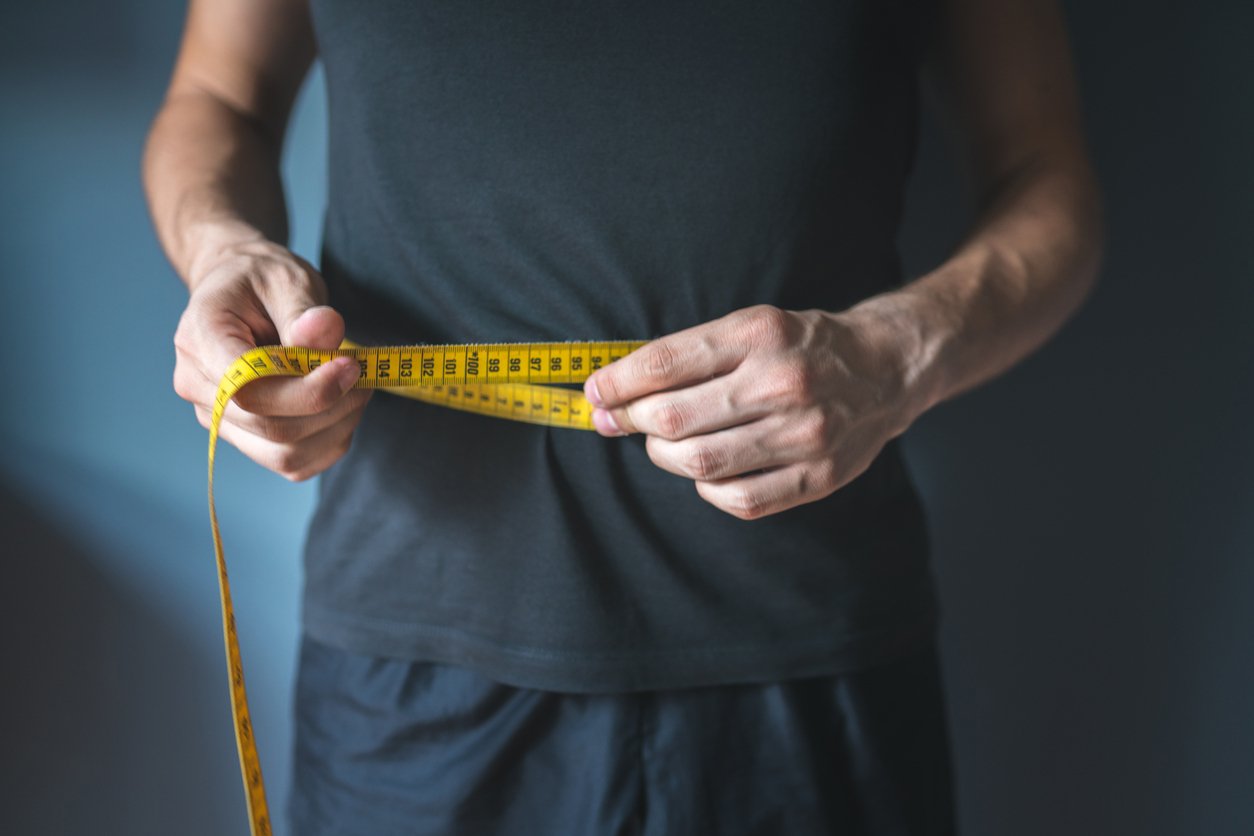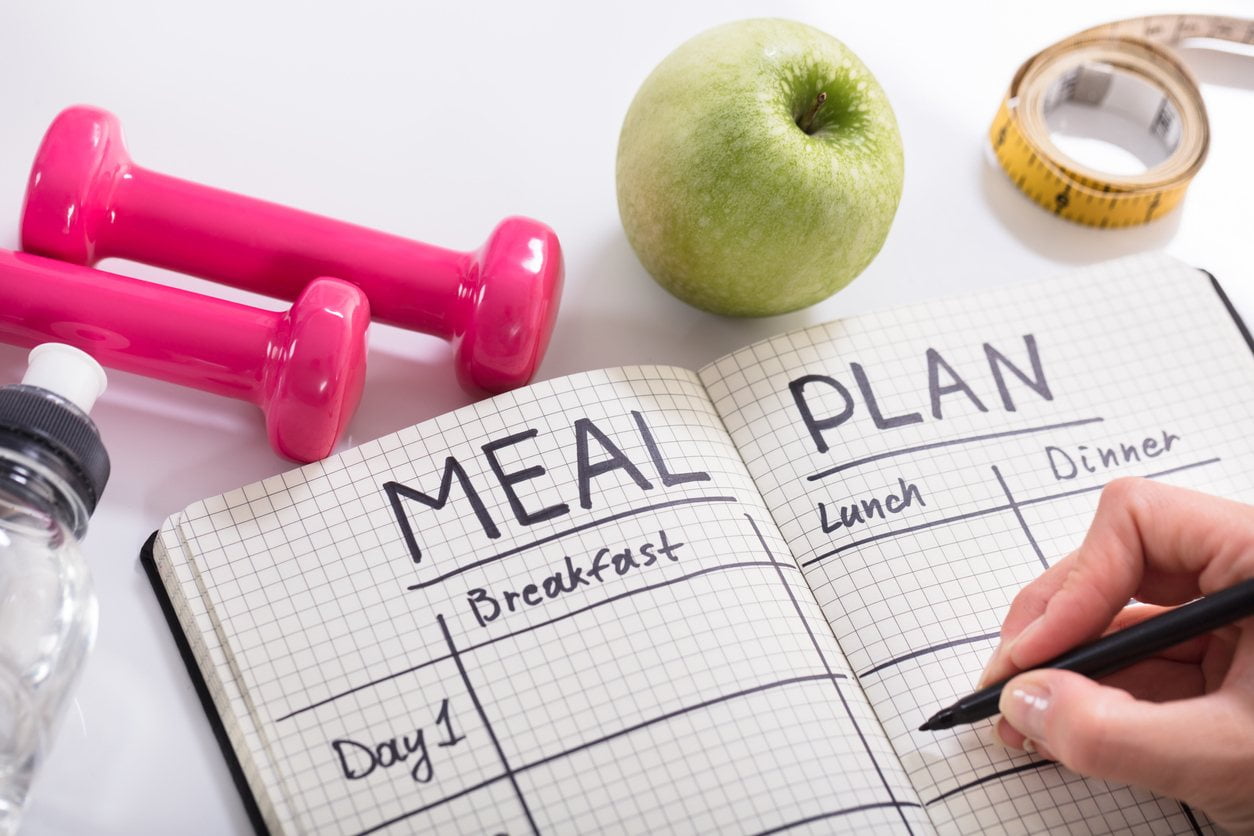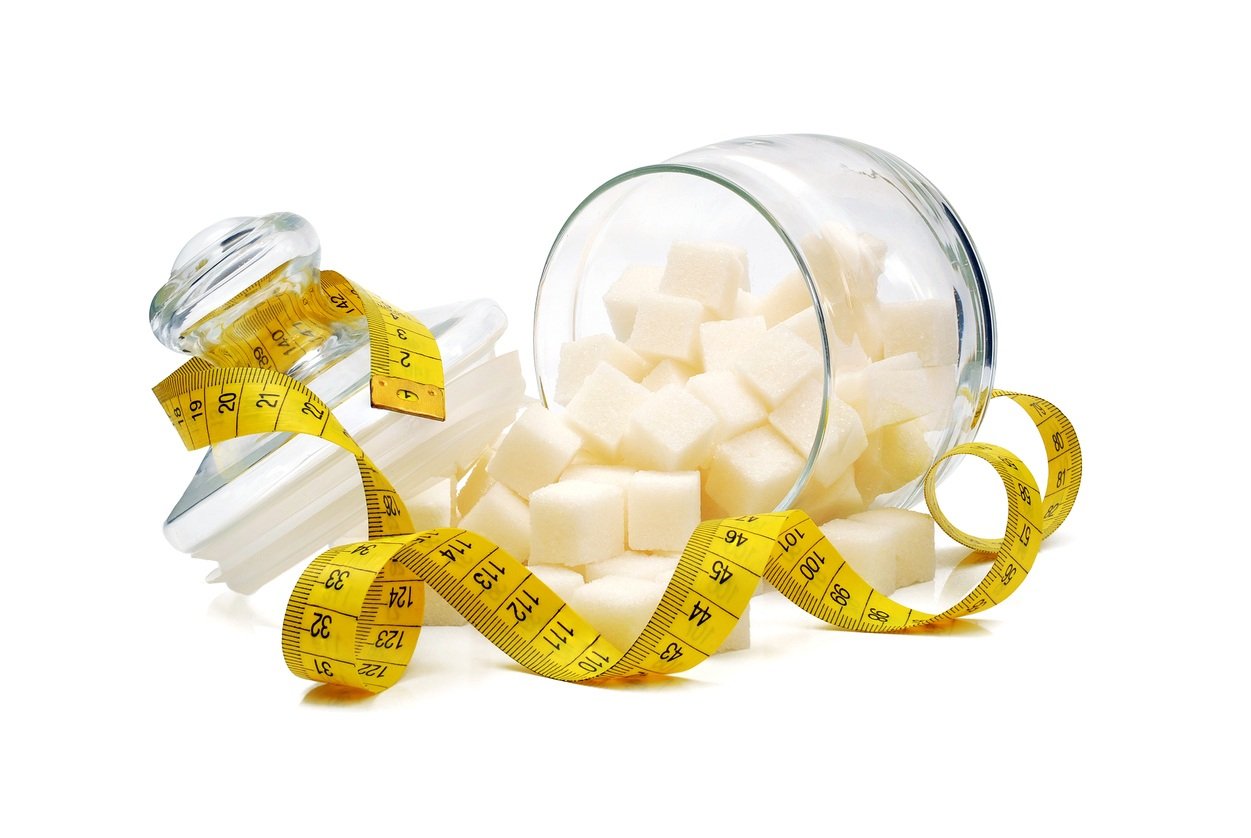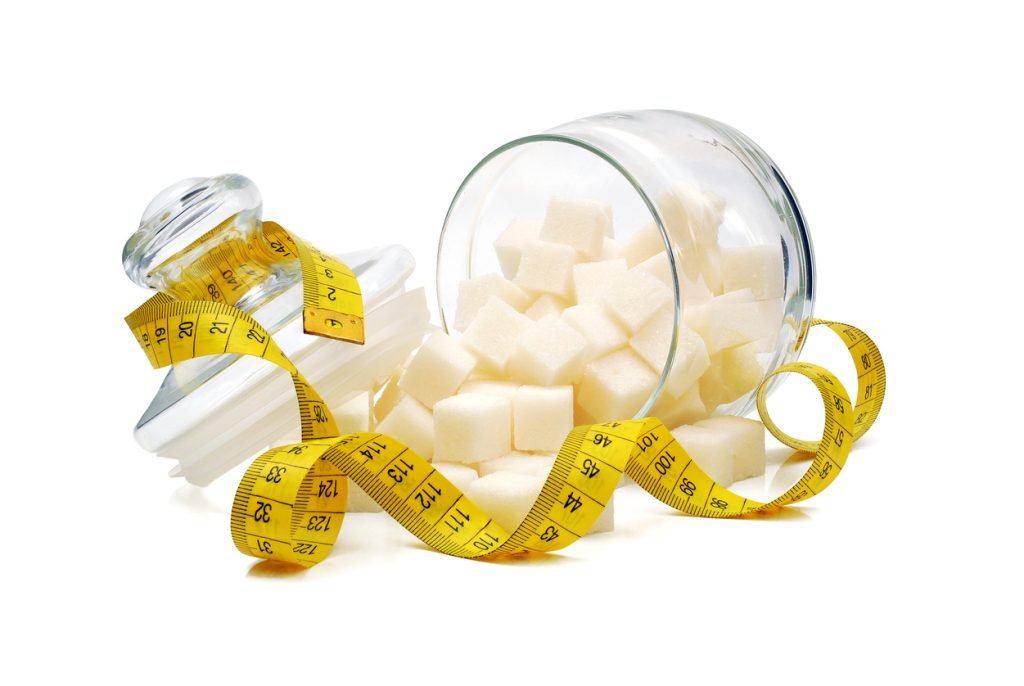
At Birmingham Minimally Invasive Surgery, we provide patient-focused care and treatment. Our various weight loss surgeries help those with obesity regain control of their health and well-being. Our board-certified weight loss surgeon, Dr. Long, and his team support our patients not just during their initial consultation but for years beyond their surgery. At BMI Surgery, we can help you lose weight and live a healthier, happier life.
Don’t just take our word for it. One of our patients, Marco A. Williams, spoke with us about how his weight loss surgery drastically improved his life and health. If you’ve been considering weight loss surgery but haven’t fully decided, William’s words of wisdom may help you determine if weight loss surgery is right for you.
What Is Weight Loss Surgery?
Before we jump into William’s testimonial, we’d like to discuss the basics of weight loss surgery. Weight loss surgery, also called bariatric surgery, is a surgical procedure that reduces stomach capacity, which minimizes food intake. If you’ve tried dieting and exercise with no luck, or have a genetic condition that makes it difficult for you to lose weight, weight loss surgery can help you achieve a healthy lifestyle. With a decreased food intake, patients will lose weight.
There are various types of weight loss surgeries, each with a different technique and method to help patients lose weight. The most popular choices available at BMI include Lap Band and Sleeve Gastrectomy, but there are also other surgery options available. At BMI Surgery, Dr. Long and his team work one-on-one with each patient to decide which weight loss option best suits your needs.
Is Weight Loss Surgery Right for You?
Weight loss surgery can be an emotional decision to make, but the professionals at BMI make it the most comfortable experience possible. Take it from one of our success stories, William. Williams says his 215-pound weight loss wouldn’t have been possible without Dr. Long and his team. He added that “everyone I’ve sent to Dr. Long has had great success.”
At BMI Surgery, we don’t just provide successful weight loss operations but also care for you and your family. Throughout the process, we are ready to answer any questions you or your loved ones may have, while providing encouragement and support. Weight loss surgery is life-changing, and you want a team that will stand by your side before, during, and after your transformative procedure.
“I chose Dr. Long because of the way I was treated. Just the way they really cared, explained everything, and supported my family. I wouldn’t have chosen anyone else for my weight loss surgery,” says Williams.
We are honored to participate in our patient’s weight loss journey at BMI Surgery and are thrilled that Williams is as excited about his transformation as we are!
Is Weight Loss Surgery Safe?
At BMI Surgery, our provider, Dr. Long is trained in minimally invasive & bariatric surgery and certified by the American Board of Surgery. While all surgeries have possible complications, weight loss surgery has helped people with obesity for years. At BMI Surgery, Dr. Long has been performing weight loss surgeries since 2002 with outstanding results. Additionally, weight loss surgery can help those suffering from other health conditions caused by their weight.
“Without Dr. Long and BMI, I probably wouldn’t be alive today. Since then, I started doing things I wouldn’t be able to do,” says Williams. He now participates in go-karting, an activity he couldn’t do safely before his operation at BMI Surgery. Beyond the decreased risk of high blood pressure, heart disease, and other health ailments, many patients can live fuller, healthier lives—something Williams is experiencing first-hand.
Begin Your Journey Toward a Healthier You
Our patients are our mission at BMI Surgery, and we couldn’t be happier hearing stories of life-changing operations. Willams and many others found real results when there seemed to be no hope for a healthier life. If you’re interested in weight loss surgery or have questions about the procedure, don’t hesitate to reach out to the team at BMI Surgery!
Lose Weight for Good at BMI Surgery
Dr. Long is board-certified and the top weight loss surgeon in Alabama and beyond. Boost your confidence and live your life to the fullest with the help of our team. Call us at 205-850-1973 or schedule an appointment online or discuss your weight loss journey today!











